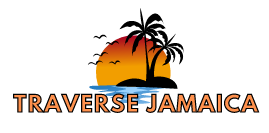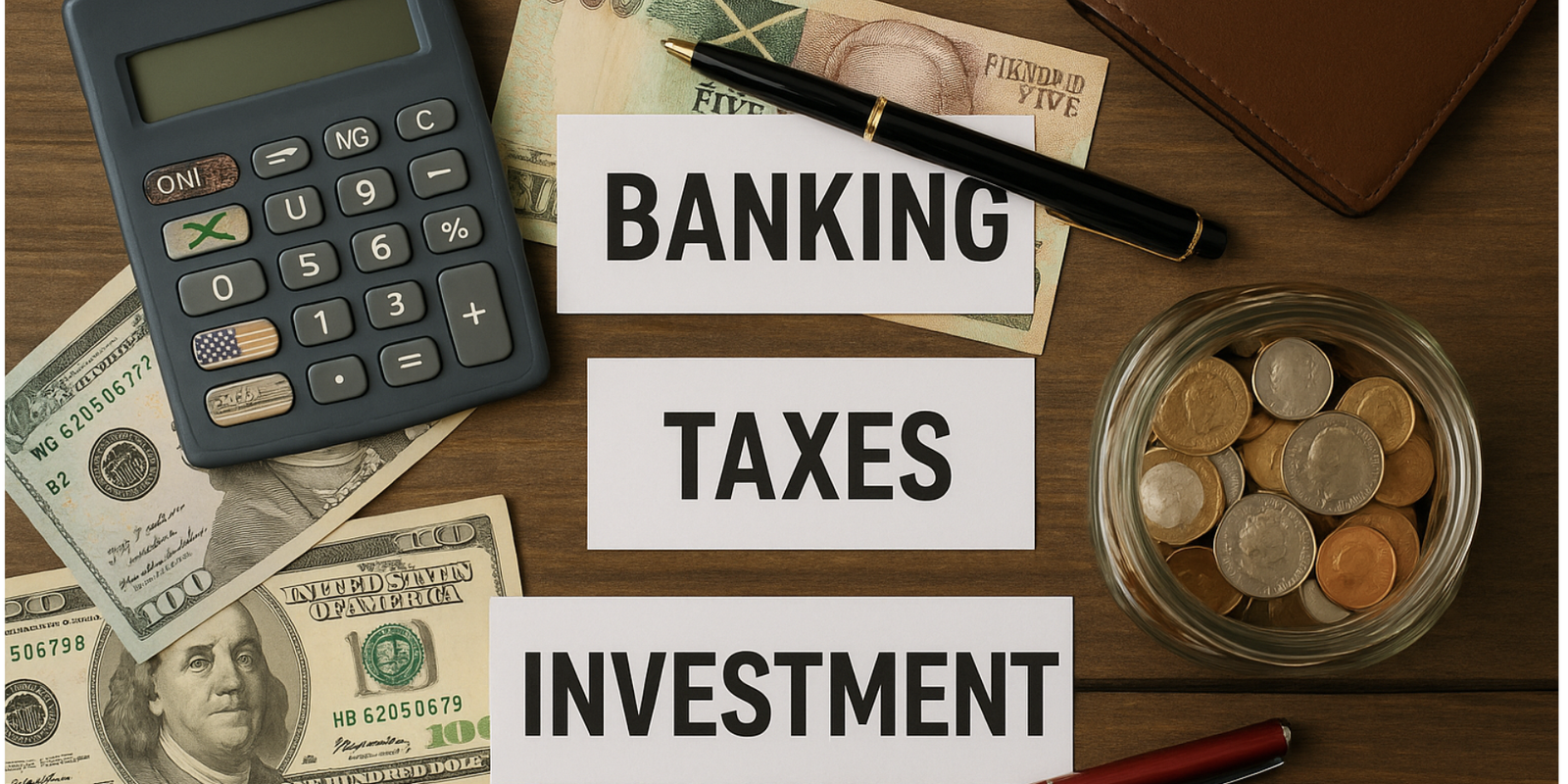Returning to Jamaica after years abroad is a major milestone. Whether it’s for retirement, family, or a renewed love for home, many returning residents face the same question: how do I navigate the financial system in Jamaica? From opening a bank account to managing taxes and investing wisely, here’s what you need to know to get financially settled and secure.
1. Banking in Jamaica: What You Need to Know
Opening a Local Bank Account
Most major banks in Jamaica welcome returning residents, but you’ll need to show proper identification and proof of your return status. Required documents typically include:
-
A valid Jamaican passport or Jamaican birth certificate with photo ID
-
TRN (Tax Registration Number)
-
Proof of address (a utility bill or lease agreement)
-
Proof of income or pension (especially if you’re receiving overseas income)
Popular commercial banks include:
-
NCB (National Commercial Bank)
-
Scotiabank Jamaica
-
JMMB Bank
-
Sagicor Bank
-
First Global Bank
Types of Accounts
-
Savings Accounts: Ideal for everyday use and building local savings.
-
Foreign Currency Accounts (USD, CAD, GBP): Useful for receiving overseas pensions or remittances without immediate conversion.
-
Investment Accounts: Available through banks and brokerages, often linked to mutual funds or fixed-income securities.
Digital Banking
Jamaica’s digital banking infrastructure has improved, but it’s not always as seamless as what you may be used to abroad. Most major banks have mobile apps and online banking portals, though in-person visits are still often necessary for major transactions or account setup.
2. Taxes: Understanding Your Obligations
Do You Need to Pay Taxes in Jamaica?
If you become a tax resident (i.e., you reside in Jamaica for more than 183 days in a year), you’re generally taxed on your worldwide income. However, tax treaties between Jamaica and countries like the U.S., U.K., and Canada can help prevent double taxation.
Key Tax Types for Returning Residents
-
Income Tax: Standard personal income tax is 25% on income up to JMD $6 million, and 30% on amounts above.
-
Property Tax: Based on property value and location. It’s relatively affordable compared to international rates but must be paid annually.
-
GCT (General Consumption Tax): Similar to VAT, applied to goods and services at a standard rate of 15%.
-
Customs Duties: Returning residents are eligible for customs concessions on household items and a motor vehicle, but must apply through the Jamaica Customs Agency under the Returning Residents Program.
Filing Taxes
The Tax Administration Jamaica (TAJ) offers online filing through www.jamaicatax.gov.jm. You’ll need your TRN and may want to hire a local accountant to help navigate the system during your first year back.
3. Investment Tips for Returning Residents
Real Estate
Many returning residents choose to invest in property either for personal use or rental income. Consider:
-
Buying Land or a Home: Get legal advice and ensure clear title ownership.
-
Rental Properties: High demand in urban areas like Kingston, Montego Bay, and Ocho Rios.
-
Gated Communities: Popular for security and community amenities.
Stock Market & Securities
The Jamaica Stock Exchange (JSE) has been one of the top-performing emerging markets in past years. You can invest through brokers like:
-
JMMB Securities
-
Barita Investments
-
Sagicor Investments
-
Mayberry Investments
Options include stocks, bonds, unit trusts, and repurchase agreements (repos). Foreign exchange volatility can be a factor, so it’s often wise to maintain a mix of JMD and foreign-currency assets.
Entrepreneurship
Jamaica has a growing small business and start-up scene, especially in tourism, agriculture, and e-commerce. Consider:
-
Partnering with locals who understand the market
-
Leveraging your overseas skills and experience
-
Looking into JAMPRO’s support services for investors
4. Tips for a Smooth Financial Transition
-
Get a local advisor: Someone who knows Jamaica’s financial and legal systems can save you time and money.
-
Stay current on laws: Tax laws and investment rules change—stay informed via TAJ and BOJ (Bank of Jamaica).
-
Plan your cash flow: Transfer funds strategically, keeping exchange rates and bank fees in mind.
-
Use remittance services wisely: For regular transfers, compare rates and fees across services like Western Union, MoneyGram, and online platforms like Wise and Remitly.
Final Thoughts
Coming home should be rewarding, not stressful. With proper planning, returning residents can thrive financially in Jamaica. Set up your banking, understand your tax obligations, and make smart investments tailored to the local market. Jamaica offers opportunities for those who know how to navigate the system.









